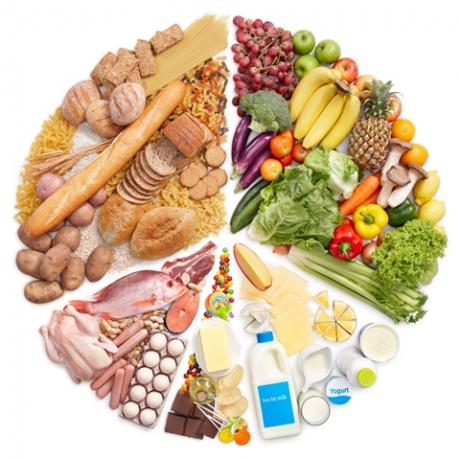Preventative Eating: Colon Cancer
We’re all familiar with the age-old adage, “You are what you eat”. It’s something our elders would tell us in an effort to ply us with fibrous vegetables rather than the easygoing processed junk that would’ve sated our childhood tastes.
As adults ourselves now, it is important to not only remember this adage, but also to expand our education of nutrition in order to ward off the increasing potential for complications as we age.
There is no simple cause of cancer – only carcinogenic elements that we have identified through scientific research and can alert others to avoid. Proper nutrition and diet are important in helping to prevent many diseases, including colorectal cancer.
Colorectal cancer, which affects 6% of Americans, is one that directly affects the digestive system. As such, it can be directly affected by how we treat our digestive systems.
The Link Between Dietary Fat and Colorectal Cancer:
Unfortunately, dietary fat may be one of the greatest culprits connected to the colorectal cancer-causing process. High consumption of fat increases the amount of substances called bile acids that are released into the digestive tract to help break down the fats. When bile acids get through to the colon, they may be converted to secondary bile acids, which have the potential to promote tumor growth, especially of the cells that line the colon.
“How could this be, though? Human beings have been consuming fat in various forms throughout the millennia – Some would say it has helped us evolve and survive!” Absolutely. And throughout history, peoples’ diets have been expanded and refined to complement the intake of fat. For example with the successful Mediterranean diet, fat consumption is balanced out through consumption of red wine and vinegars, which have been shown to aid the body in the breakdown of fats as a sort of pre-emptor to bile acids, so as not to put so much strain on the digestive system with the consumption of a heavy meal.
In fact, when it comes to wine, it’s best to choose red. New research suggests a chemical from the extracts in red grapes and red wine might help the body burn fat cells.
Antioxidants Vs. Free Radicals:
Another key warrior in the fight against colorectal cancer is the powerful antioxidant. Antioxidants operate by bolstering the body’s defenses against free radicals, which are known to contribute to the formation of cancer.
Fiber – Move along, toxins:
Thirdly, as any physician would recommend, you must retain an adequate source of fiber in your diet, each and every day. Fiber is easy to find in fruits, vegetables, legumes, whole-grain cereals and breads, and beyond. Nature provides wonderful foods such as celery and apples, which provide us with vitamins, minerals, and plenty of fiber.
Fiber intake is known to improve health by moving the body’s waste through the digestive tract faster. In terms of cancer prevention, this may give those potentially toxic substances less of a window of time to come into contact with your intestinal cells. It is also believed that some types of fiber help detoxify potential cancer-causing substances as well as prevent these substances from being absorbed by the cells of the intestines.
